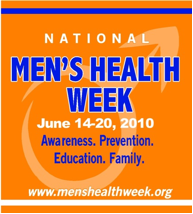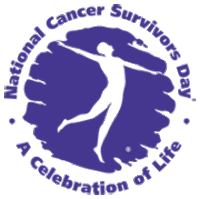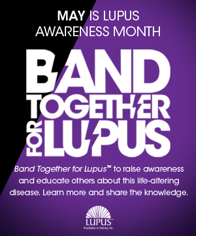The Fourth of July can be a fun time with great memories. But before your family celebrates, make sure everyone knows about fireworks safety. Each July 4th, thousands of people, most often children and teens, are injured while using consumer fireworks. The risk of fireworks injury is more than twice as high for children ages 10 to 14 as for the general population.
The good news is you can enjoy your holiday risk-free by following a few simple safety tips:
- Kids should never play with fireworks. Even sparklers, can be extremely dangerous- they can reach 1,800 degrees Fahrenheit (hot enough to melt gold).
- If you decide to give children sparklers, make sure they keep them outside and away from the face, clothes and hair.
- Never try to make your own fireworks.
- Always use fireworks outside and make sure to keep water near by in case of accidents.
- Never throw or point fireworks at someone.
- Don’t hold fireworks in your hand or have any part of your body over them while lighting.
- Wear some sort of eye protection
- Avoid carrying fireworks in your pocket – the friction can set them off.
- Light one firework at a time and never relight a dud.
- Soak all fireworks in water before throwing them in the trashcan
In addition to these tips, take a look at the following video for more fireworks safety tips from leading news source HealthWatchMD:
For more information, please visit:




 Posted by psahealthcare
Posted by psahealthcare 







